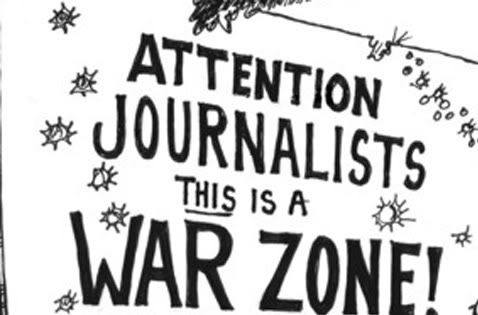
As the film title suggests, almost everything in this film is classic. It is classic in a way that many could utter: “Just another mawkish Korean film!” But also, it is the way Kwak Jae-yong, the director, put such elements together to create a splendid tale.
Ladies are likely to be dragged to the screen. The romantic scenes and the graphic elements are laid out like a perfect dream picture of love that one could possibly imagine. That is not to say, though, that one cannot learn from the humanity side, since the film touches upon war, separation, faith, sacrifice and reunion.
The Classic starts off by the present story of two students who both falls for a young talented man in their college. The way Ji-hae, the main character, looks at her love interest, Sang-min, dreamily while he directs his drama club takes us back to our old days. High school sweethearts and that sort of things. Ji-hae even helps at her best friend’s request by writing love letters to Sang-min. How could anyone be so kind? Classic, of a pure heart. No doubt we would expect something for her in return.
The film would be too mediocre if it wasn’t for the intriguing intertwining of the past and present. Ji-hae discovers love letters of her mum, Joo-hee, also played by the same actress. Viewers are captivated by the coincidental love life of the two generations.
Joo-hee fell in love with Joon-ha, who actually was helping his noble friend by writing love letters to her. Although there are some comic moments of silliness, the drama is heart-wrenching. Another classic is depicted through an incomplete love impeded by social classes. Devastated Joon-ha returned from war with blind eyes. The utmost act of sacrifice is classically moving. Joon-ha pretended to have been married so that his faithful Joo-hee would be able to marry someone else, in this case, his noble friend or Ji-hae’s dad. Only when Joon-ha passed away, leaving a son, did Joo-hee find out the hurtful truth. Not unrequited, only unblessed.

The Classic couldn’t end without a classic happy ending, only that this one is for the present. Perhaps the surprise factor is even more prominent. The circle of life is miraculously completed; Ji-Hae finds out that she is in love with the late Joon-ha’s son. The two best friends’ offsprings are reunited, within them a déjà-vu feeling of yesterday.
The cast couldn’t be any more excellent in delivering such emotional twists. Classics make a classic.










